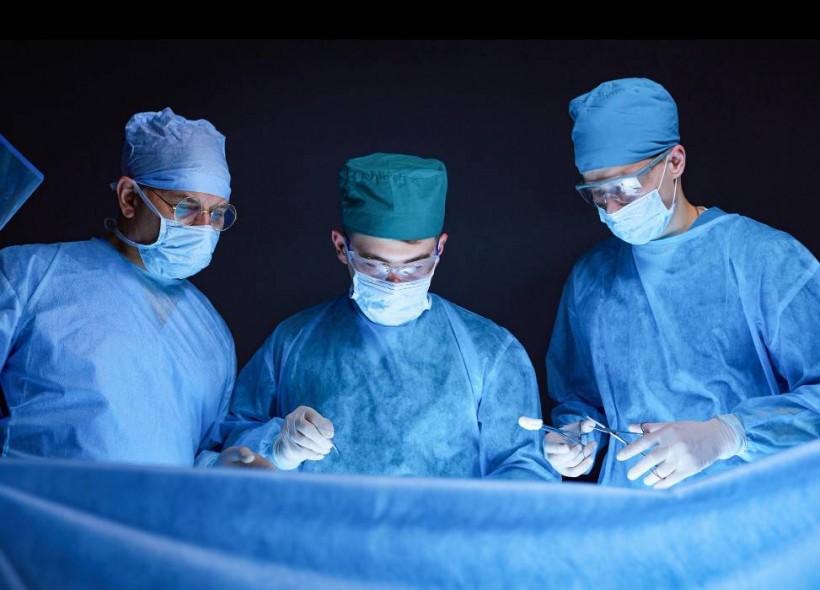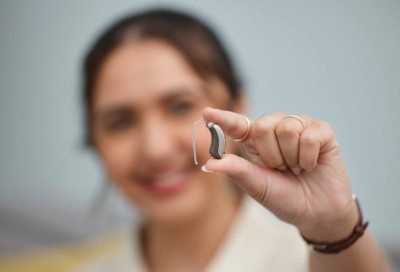Next Steps to Take After a Major Surgery
Warning: Undefined variable $post in /home/dietofli/public_html/wp-content/plugins/code-snippets/php/snippet-ops.php(582) : eval()'d code on line 3
Warning: Attempt to read property "ID" on null in /home/dietofli/public_html/wp-content/plugins/code-snippets/php/snippet-ops.php(582) : eval()'d code on line 3
The estimated reading time is 6 minutes
Warning: Undefined variable $post in /home/dietofli/public_html/wp-content/plugins/oxygen/component-framework/components/classes/code-block.class.php(115) : eval()'d code on line 3
Warning: Attempt to read property "ID" on null in /home/dietofli/public_html/wp-content/plugins/oxygen/component-framework/components/classes/code-block.class.php(115) : eval()'d code on line 3

Having a major surgery can take a toll on your emotional and mental health because you might feel like you are not your normal self again. After surgery, you want to make sure you do everything you can to stay healthy and prevent infection. Sometimes, visiting a chiropractor such as those at Denver Integrated Spine Center, can help make the recovery process much easier by treating the rest of your body and aiding your nervous system with recovery. But overall, there are a few steps you should take on your own.
This guide will cover all the steps you need to take after your operation to ensure you stay in good health. Keep in mind that you also want to follow all the instructions of your doctor as well.
Go to Your Follow Up Appointments
All operations require you to have a few follow-up appointments. How many you have and when they are after your surgery depends on what operation you had. Most of the time, surgeons will have you come in for follow-up appointments about two weeks and six weeks after your operation.
At about six weeks, the surgeon will check the incision to see if it’s healed or not. If it’s not healed, you might need to come to the doctor more often and you might also have to take some extra antibiotics to ensure it doesn’t get infected.
Many people choose to skip their follow-up appointments if they are feeling well, but this is not a good idea. You could even have something wrong with your incision and not know. This is why it’s essential to ensure you go to the doctor so they can check everything and see if further intervention is needed.
Take All the Steps to Prevent Infection
If you want the outcome of your surgery to be good without any problems now or in the future, ensure you prevent infection as much as possible. Always wash your hands before touching your incision and ensure no soap or water gets into it unless your doctor says it’s okay.
The good news is that infections in surgical sites that have been appropriately sealed are rare so this isn’t something to worry about obsessively, but you should still take all the proper precautions.
Your doctor might also give you antibiotics to take to ensure infections are killed right away. Make sure to finish the antibiotics and do not skip any doses.
Drink and Eat Well
Following a good diet is very important after surgery because you want to make sure you stay healthy. When your body is healthy and taken care of, it can heal better and faster.
It can be hard to eat in the few weeks after surgery because you might feel nauseated or constipated. Try and eat when you can though and stay away from sugary drinks or too many sweets and cakes.
Drinking water is also very important. The doctors will ask you to start drinking water as soon as you come out of the anesthesia because water can ensure you do not get throat pain from the tube used during the surgery.
Some of the best things for helping your body repair itself are:
- Vitamin D
- Omega 3 fatty acids
- Zinc
- Copper
- Selenium
- Nitrate
- Vitamins A, C, and E
If your appetite is low, ask your doctor if you can drink protein shakes or smoothies with fruits and vegetables.
Start Moving
Intense exercise is not recommended after surgery but walking is usually okay with most operations. If your doctor has put you on bed rest though, make sure to follow their instructions until they tell you can begin walking or doing other exercise.
You also don’t need to walk for long. Walking around the house is okay or you can even take a short walk around the block. For the first few days after surgery, make sure you walk with someone so if you begin to feel faint or weak, you have someone to help you.
Control Your Pain With Medicine
If you do not control your pain well after surgery, it can make the recovery and management process much harder. This is why it’s crucial to take the pain medication that your doctor gives you on schedule.
Keep in mind that if you do manage your pain, you’re also at higher risk of not being to move around and take care of yourself which can cause serious complications.
If taking prescription painkillers makes you nervous or you have had issues with them in the past, talk to your doctor as sometimes over-the-counter pain relievers can be used.
Make sure to write down when you take your medicine so you remember when you took each of the painkillers as you do not want to take too many.
See a Chiropractor
Many people choose to see a chiropractor after surgery because they want to relieve pain in the joints and bones. Seeing a chiropractor can also ensure you gain your mobility back easier and that you have overall less discomfort.
Ask your doctor when you are cleared to see a chiropractor, but it’s usually okay to make an appointment once your incision has healed or even before.
Go to the ER If Needed
Your doctor should give you instructions on when to go to the ER post-operation. Some of the things to watch out for include:
- Bleeding from the incision
- You are unable to keep down water or food
- You can’t breathe
- You have a fever or other signs of infection
- You are having trouble urinating
If you can go see your doctor, call them and let them know. They might tell you to come into their office or they might tell you to go to the emergency room depending on your symptoms.
Final Thoughts
Having surgery is serious and you need to ensure you take care of yourself in the coming days and weeks after the operation. Sometimes you might even need to have someone stay with you so you do not have to recover alone.
By following the tips in this article, you can reduce the chance of infection and complications. You can also start to get back to normal quicker.














